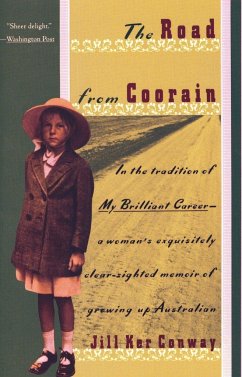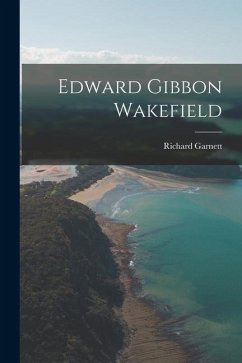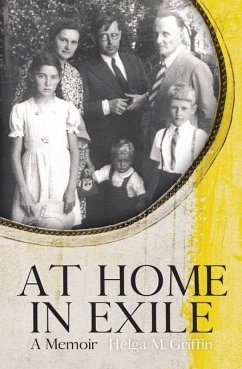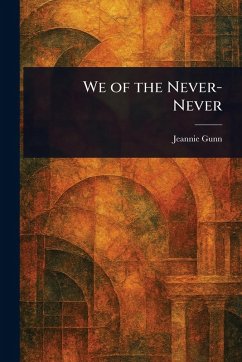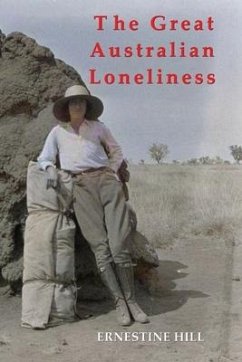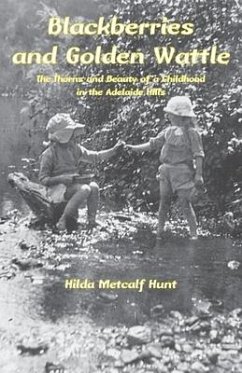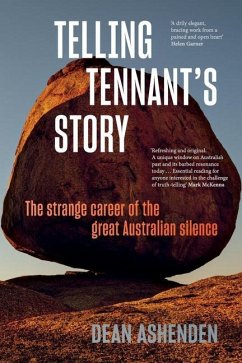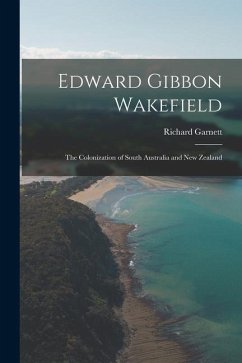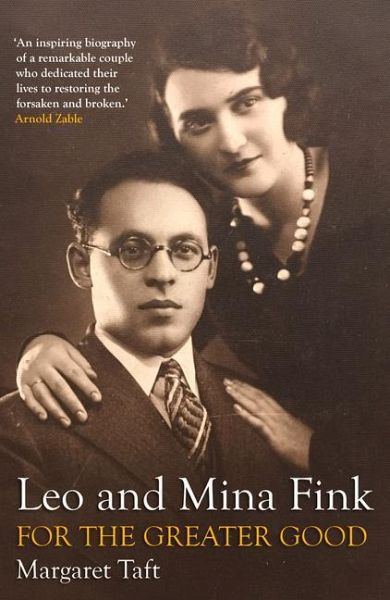
Leo and Mina Fink
For the Greater Good
Versandkostenfrei!
Versandfertig in über 4 Wochen
32,99 €
inkl. MwSt.

PAYBACK Punkte
16 °P sammeln!
During the darkest days of the Holocaust, Europe's Jews faced annihilation. In faraway Melbourne, immigrants Leo and Mina Fink rallied to rescue the survivors. It was a massive task. Undaunted, they battled bureaucrats, public opinion and at times the Minister for Immigration, Arthur Calwell. Marshalling the might of local and international agencies, they spearheaded the urgent relief and resettlement of thousands of displaced Holocaust survivors desperate to leave a shattered Europe, a graveyard continent of dust and ashes. By 1954, 17,000 survivors called Australia home. Following the chaos ...
During the darkest days of the Holocaust, Europe's Jews faced annihilation. In faraway Melbourne, immigrants Leo and Mina Fink rallied to rescue the survivors. It was a massive task. Undaunted, they battled bureaucrats, public opinion and at times the Minister for Immigration, Arthur Calwell. Marshalling the might of local and international agencies, they spearheaded the urgent relief and resettlement of thousands of displaced Holocaust survivors desperate to leave a shattered Europe, a graveyard continent of dust and ashes. By 1954, 17,000 survivors called Australia home. Following the chaos of war, Leo and Mina remained at the forefront of community life. They initiated expansive welfare programs, while personally helping countless individuals. Mina's devotion to a group of war orphans known as the 'Buchenwald boys' was testament to her relentless efforts, along with Leo's, to improve the lives of others. But survival of the Jewish world remained paramount. Leo pioneered the first Australian business venture in Israel, in a bid to underpin the young nation's fragile economy. Mina's global outreach and humanitarian vision transformed the National Council of Jewish Women into a proactive force with a clear feminist agenda. When Holocaust denial launched its assault on historical truth and memory, Mina championed the establishment of Melbourne's Holocaust Museum, pushing its mandate beyond remembrance to education, to combat all forms of racism. Leo and Mina Fink's remarkable story is skilfully told through the turbulent, rapidly shifting times in which they lived. This is a compelling account of how and why two individuals set out to change the world for the greater good.





